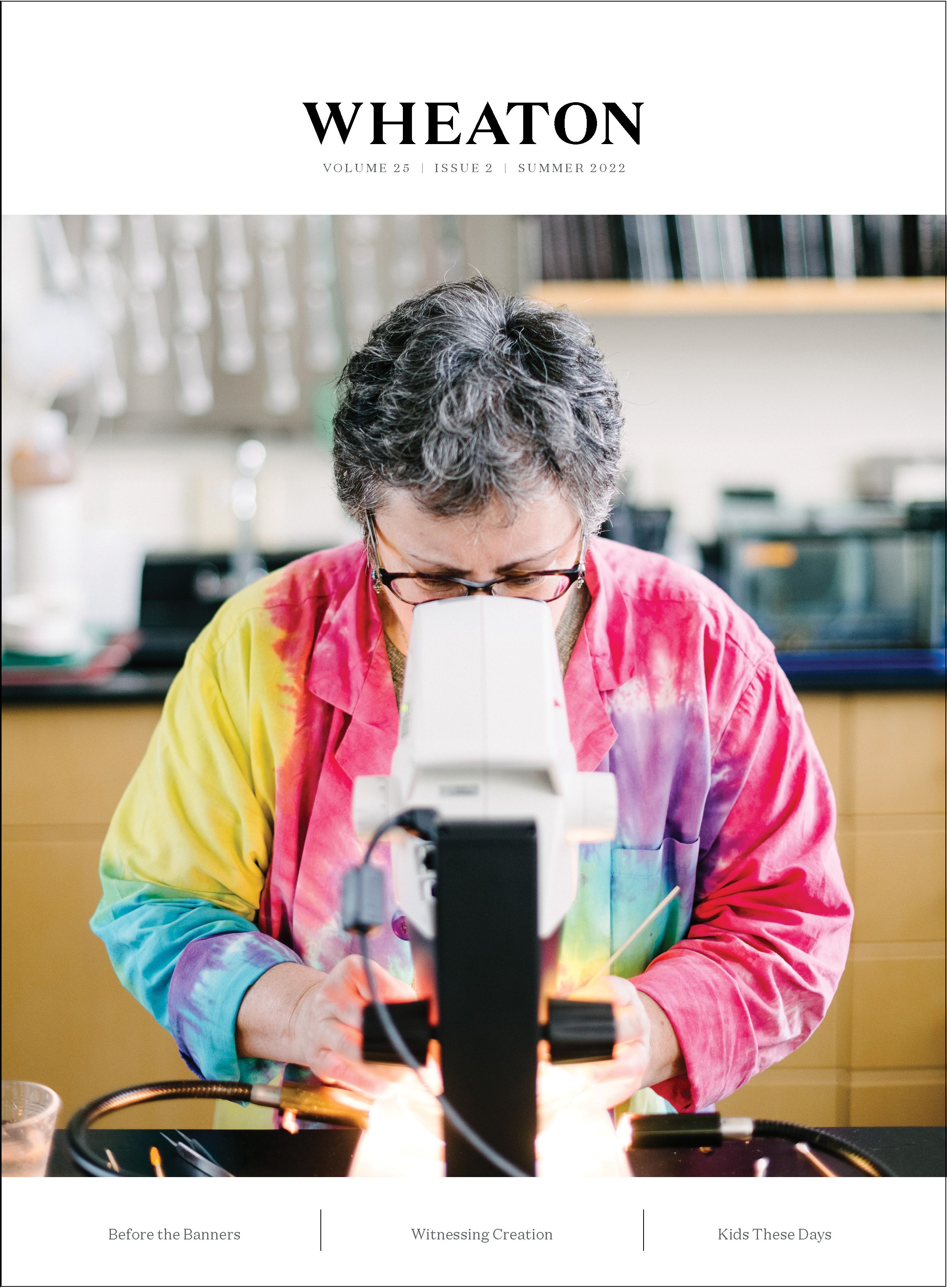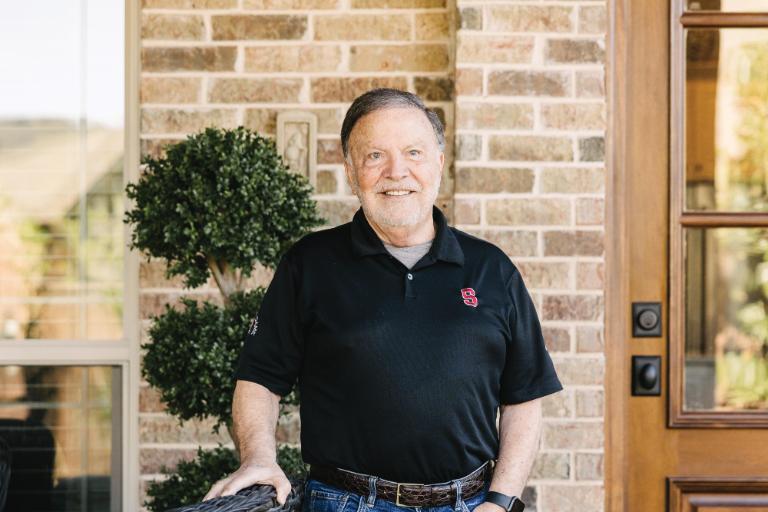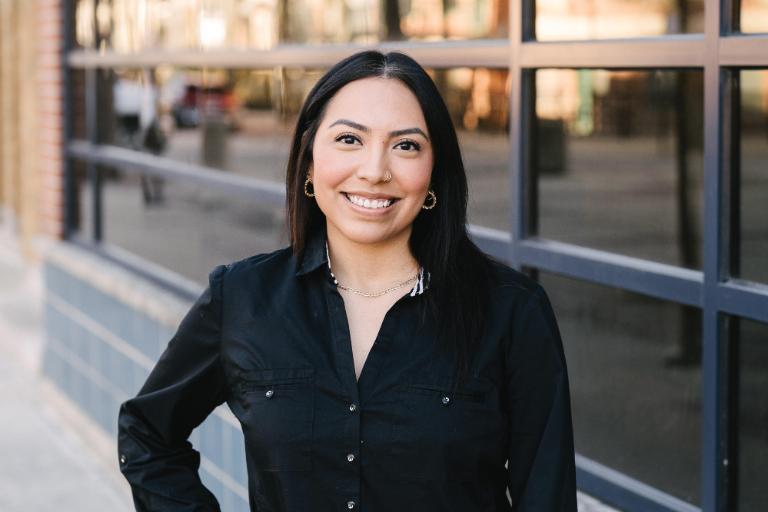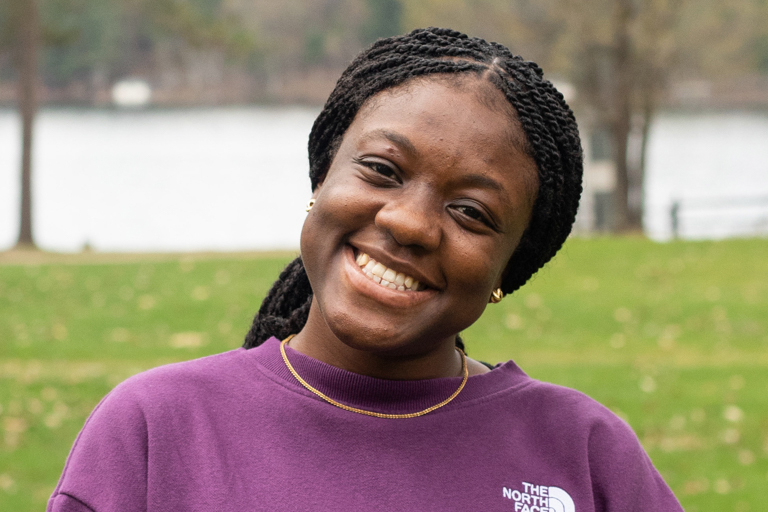Learning From Lament
After growing up in a household that solely emphasized the more joy-filled stories in Scripture, Ziyue Gu ’19 is coming to terms with the reality and necessity of Christian lament in the church and in criminology.
Words: Jenna Watson ’21
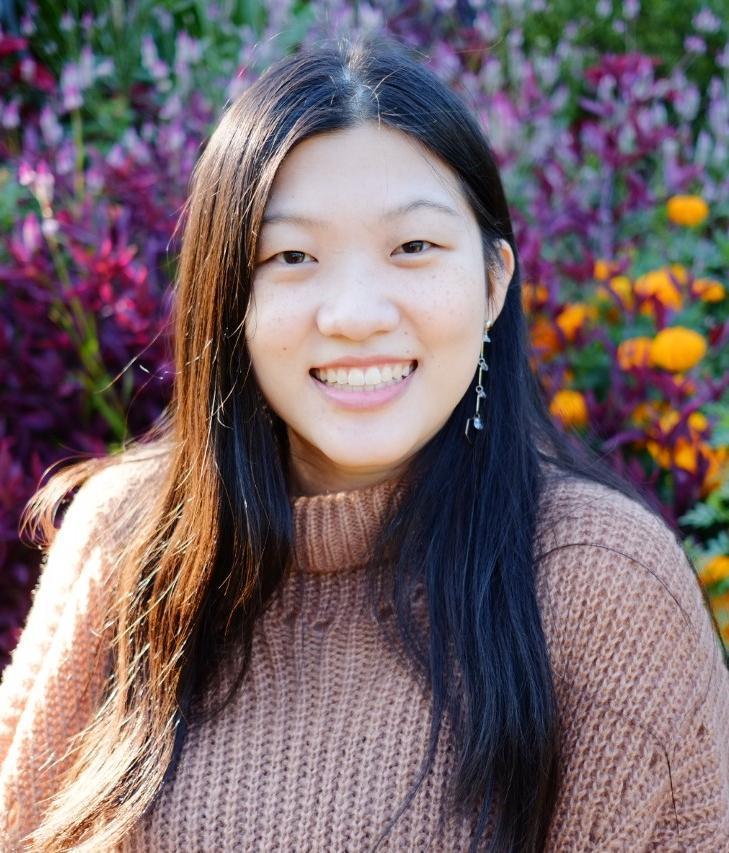
“I believe that God is love and God is good, and I think that’s why I can still do my research.”
“Now that I’m studying criminology, I dwell on suffering in the Bible a lot more.”
This is not coming from someone who looks or acts as if she regularly dwells on suffering or criminology, the general study of crime and criminals and the legal and social realities surrounding them. Ziyue Gu ’19, a Ph.D. candidate in criminology and criminal justice at the University of Maryland, is a cheery conversationalist, her cats weaving in and out of the Zoom screen from her home in Maryland. But while her studies have prompted her to dwell on suffering in the Bible more, they have also caused her to rely more than ever on God’s goodness.
From the time she took a sociology class in high school, Gu was interested in sociology. She likes “the fact that sociology is about studying human behaviors, but on the larger scale, rather than the individual level.” Although she considered majoring in psychology, she was ultimately “more interested in learning about patterns and trends, and how individuals connect to one another.”
When she first entered Wheaton, Gu had no idea what criminology was. But between a class on violence against women and a Prison Ministry trip her sophomore year, she realized that some of her assumptions about criminals needed to be nuanced, and that the field of criminology would allow her to not only do that for herself, but to help bring this realization to others.
So she began to consider criminology more closely, seeking advice from her professors. One of them told her something that she hasn’t forgotten: “Technology will change, society will change, but one thing that will never change is that there will always be crime.”
“Even before there’s law, there’s crime,” Gu observed. She is fascinated by the natural process of punishment for doing wrong, even when “wrong” isn’t yet defined.
So far, Gu’s Ph.D. studies have focused on victimization, specifically financial fraud against elderly victims. She is sometimes asked why we should care about financial crime when there is physical abuse and violent crime to demand our attention. But Gu makes a strong case for its relevance, remembering one summer in China when she and her family witnessed financial fraud in the office space next to her parent’s business. Every day, elderly people handed over their retirement money to a financial company that, one day, disappeared overnight. Gu and her parents came to their office as usual the next morning to find a crowd of elderly people “screaming and crying,” realizing they had misplaced their trust. Gu hopes her research can shed light on these kinds of situations and prevent them from happening.
Studying fraud and victimization in the classroom has prompted her to pay closer attention to stories of victims in the Bible. For Gu, looking at these stories is actually a helpful corrective to the tendency of many church communities to dismiss the pain of Bible stories. Growing up, thanks to a cocktail of factors including her naturally joyful disposition, Sunday school training, and family positivity, the Bible was framed for Gu as a collection of God-to-the-rescue stories.
“I had this idea planted in me growing up that all suffering will eventually be turned to good and it will all be okay—that it’s not really faithful to stay in the pain for a long time because the whole purpose of our Christian faith is to be joyful,” she said. “But I think studying victimizations really helps me to just stop for a moment and see the pain of the event itself.”
Gu has come to the realization that acknowledging the experiences of victimhood in the Bible is to become more like the God we worship. “I don’t think God is the type of God who would say, ‘Okay, you’re hurt, but don’t cry like a baby. You know I’ll make it okay.’”
And ultimately, Gu believes that dwelling in the brokenness of the world makes her rely more on God, who alone is not broken. “I’m at a point where I feel okay to be hopeless,” she said, because any hope she had placed in criminal justice reforms or systematic changes is now placed in God.
“I believe that God is love and God is good, and I think that’s why I can still do my research,” she concluded.
Even though she has little hope for anyone’s ability to fix the system, including her own, she is committed to contributing in smaller ways that are within her power, like shedding light on the complexities of financial fraud and conducting research that elicits empathy for elderly victims. For Gu, to practice and study criminology is to usher in the kingdom.
